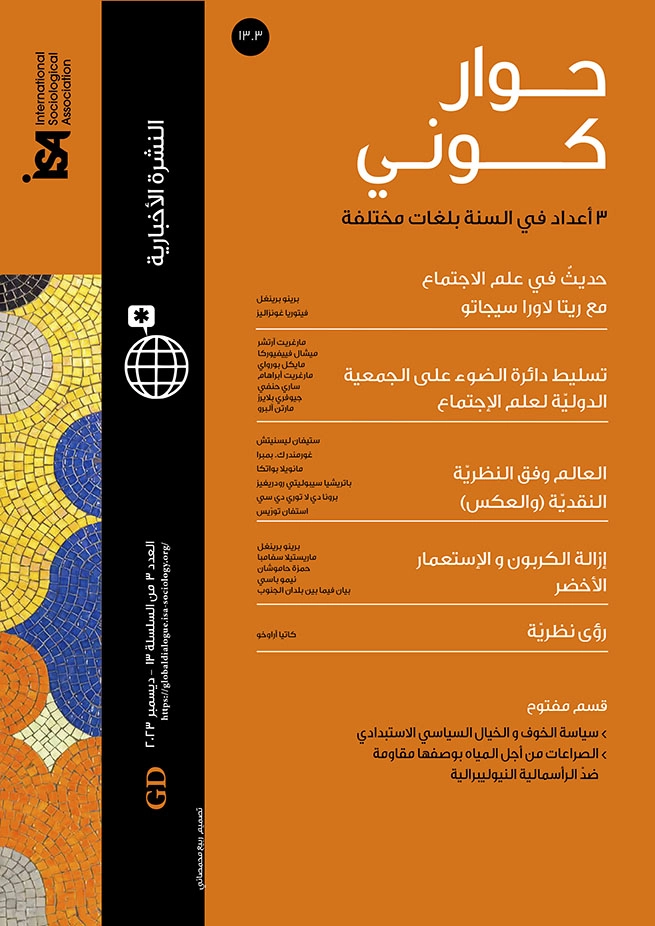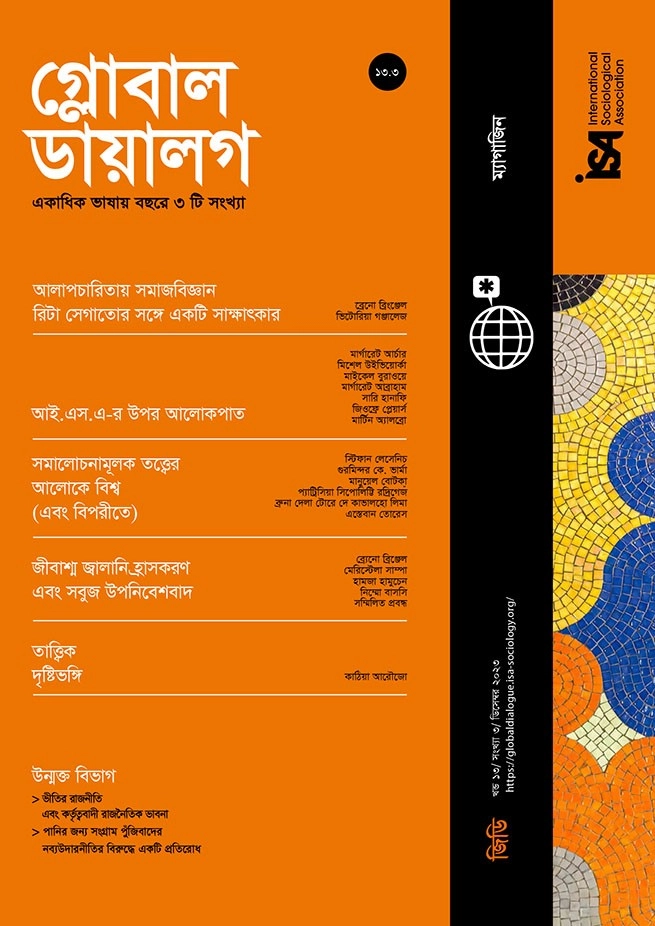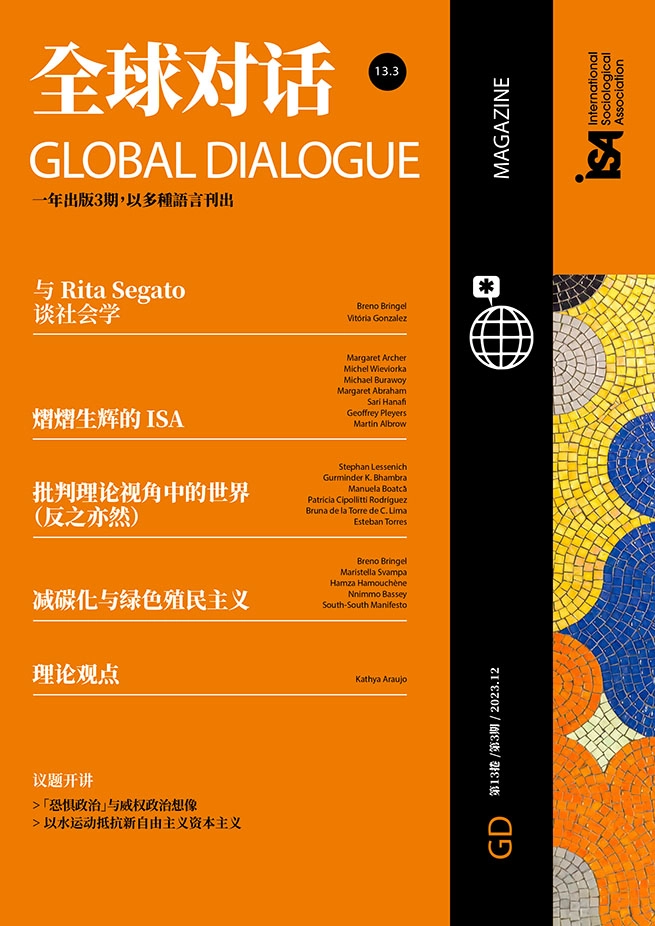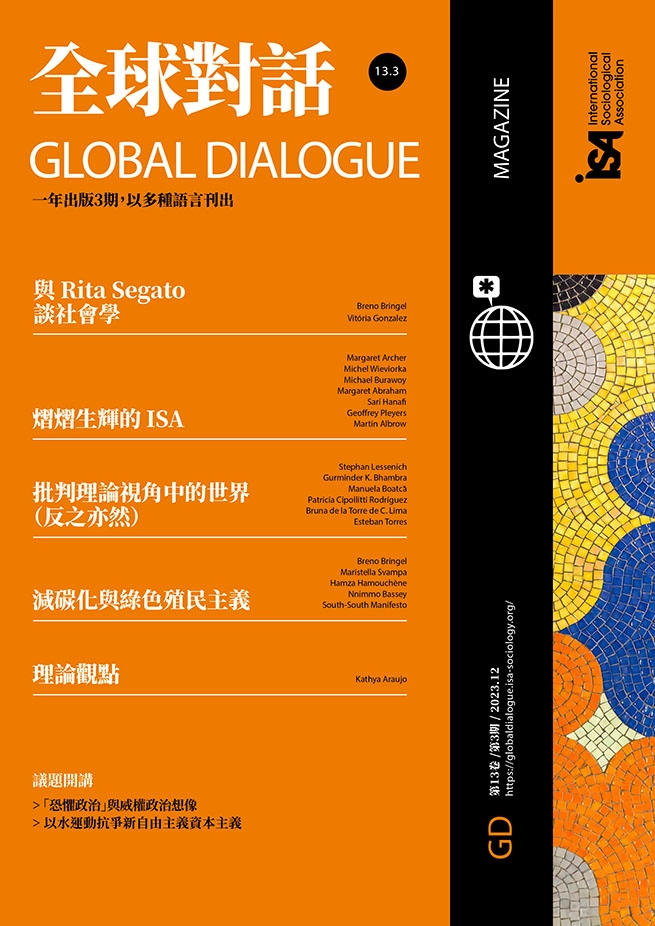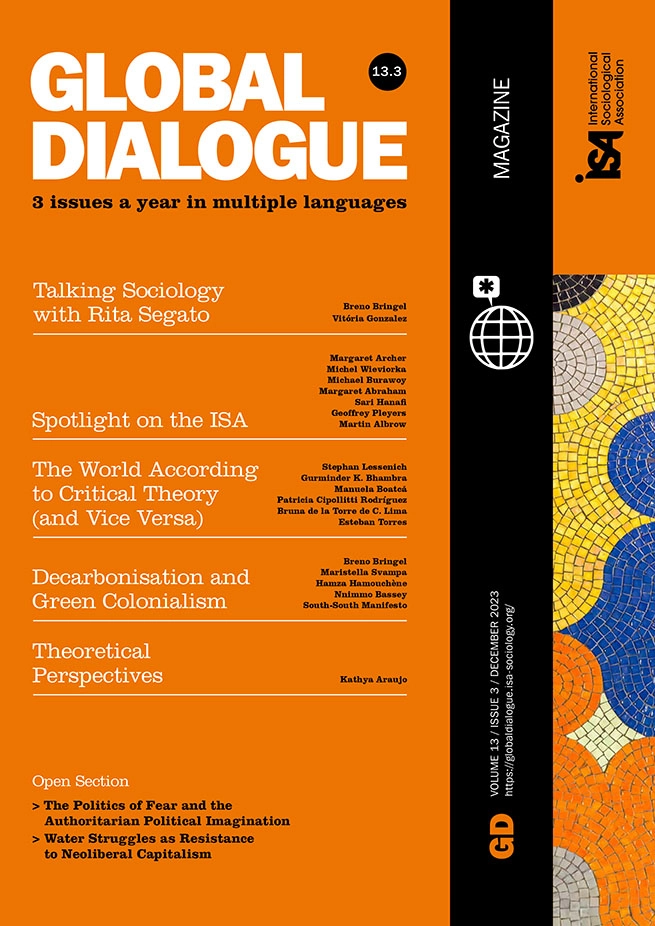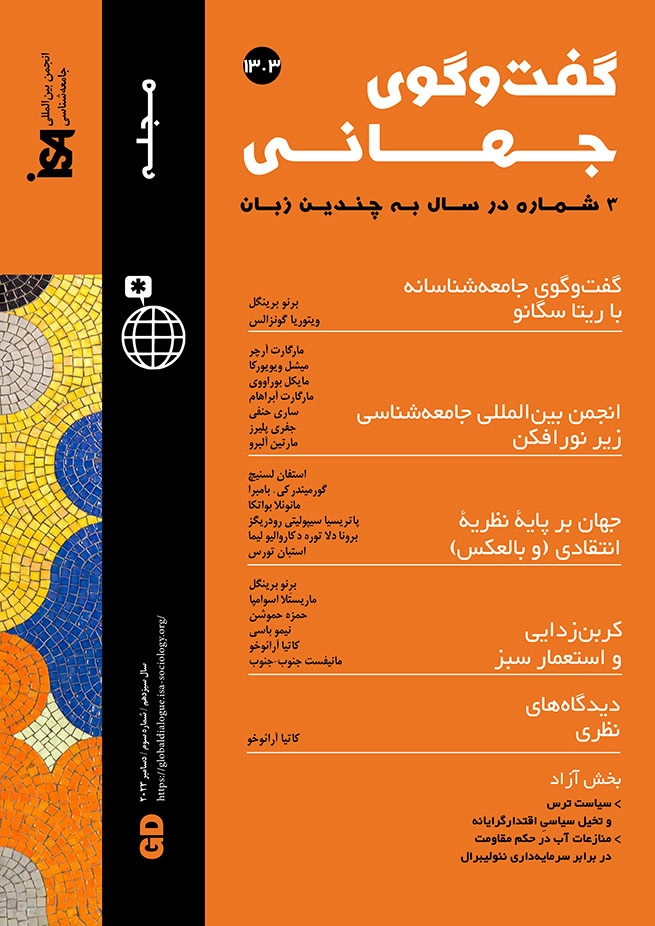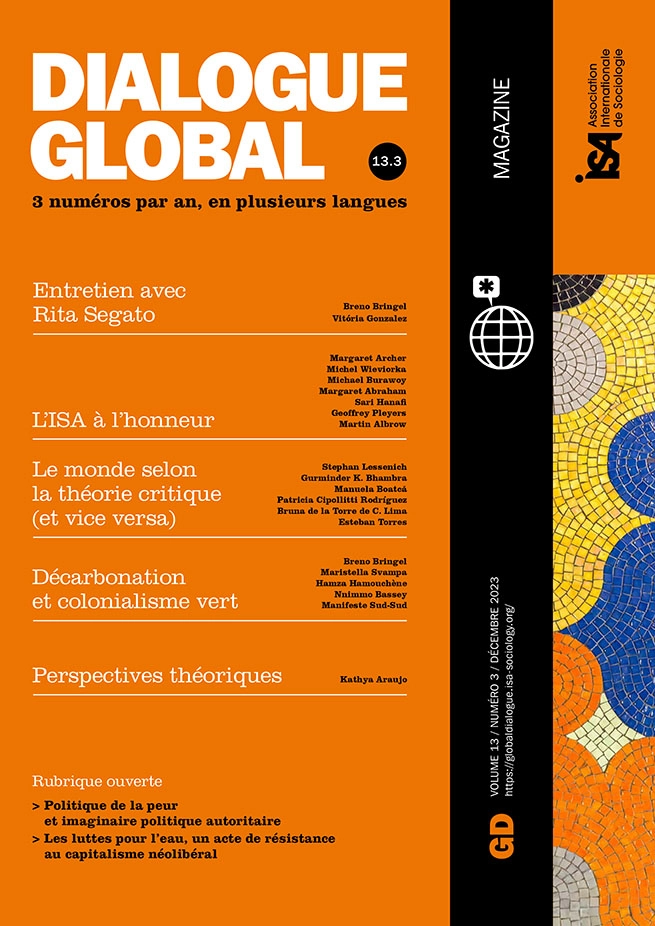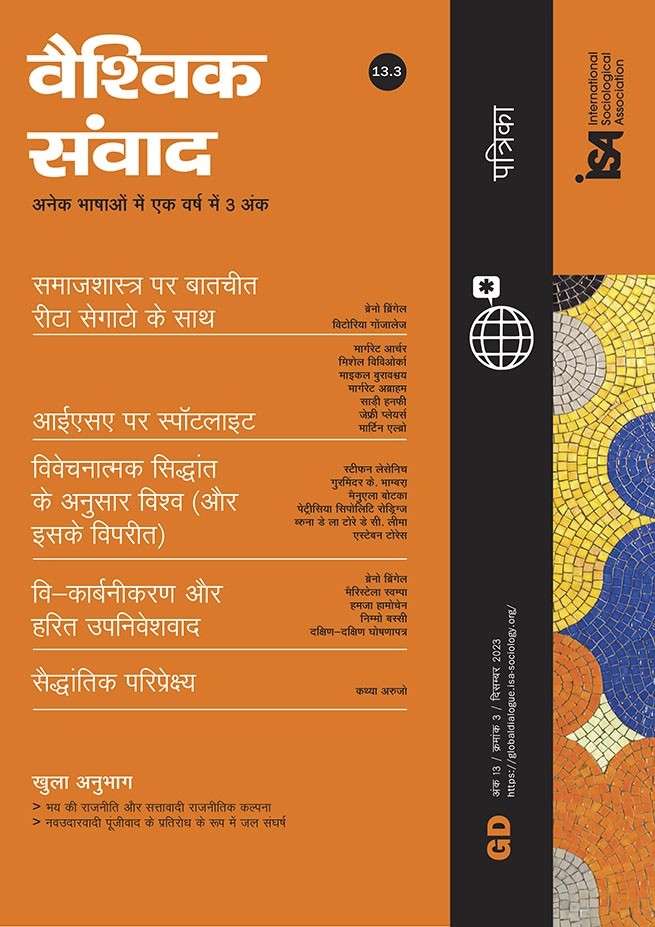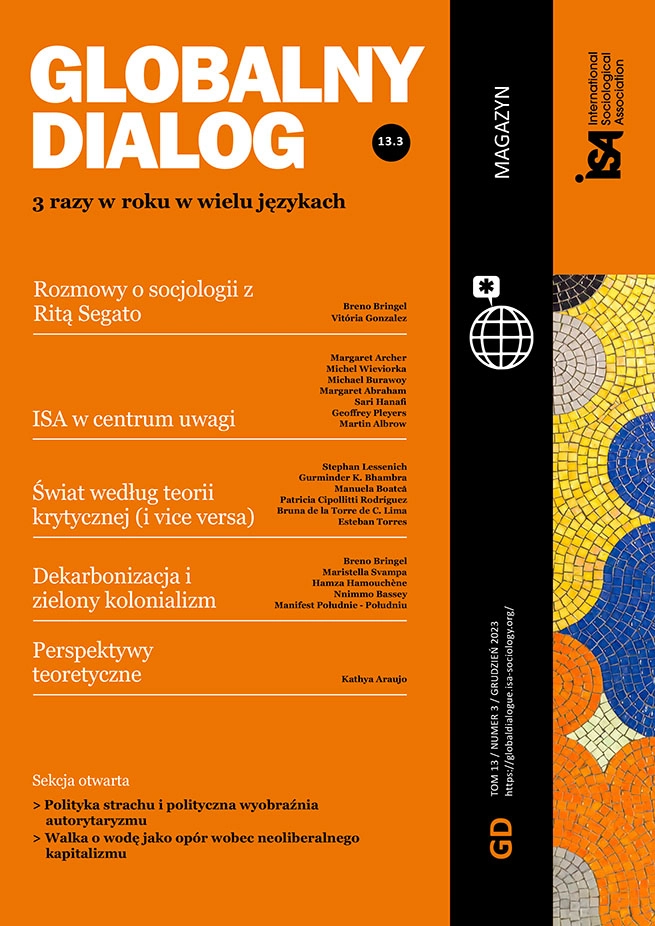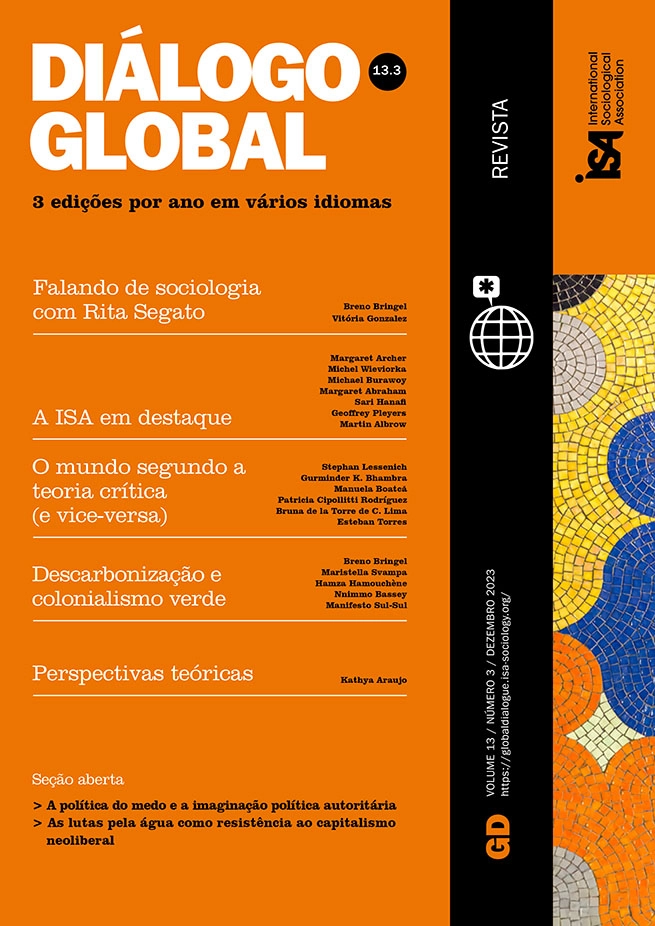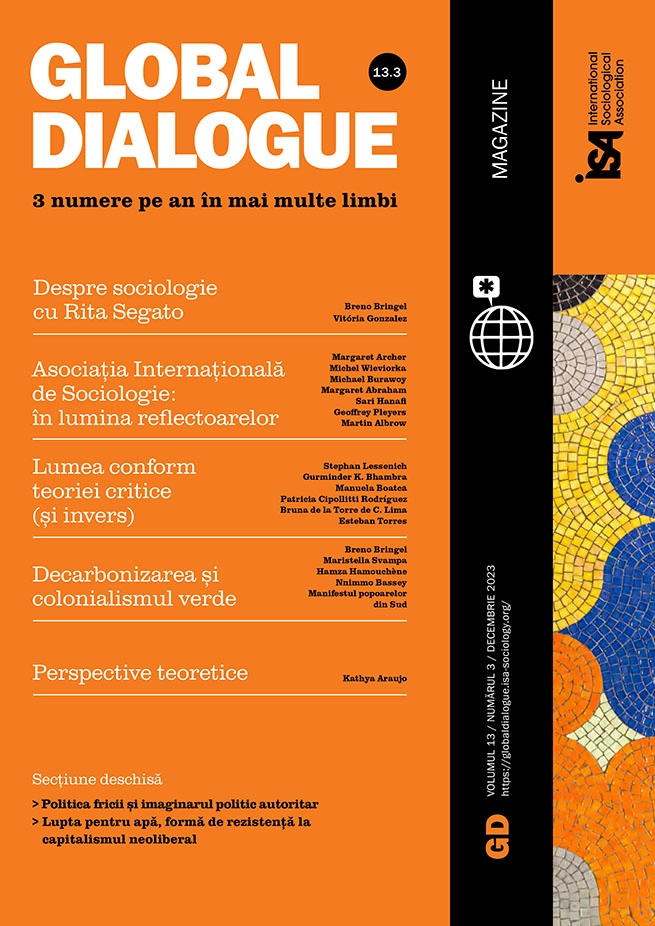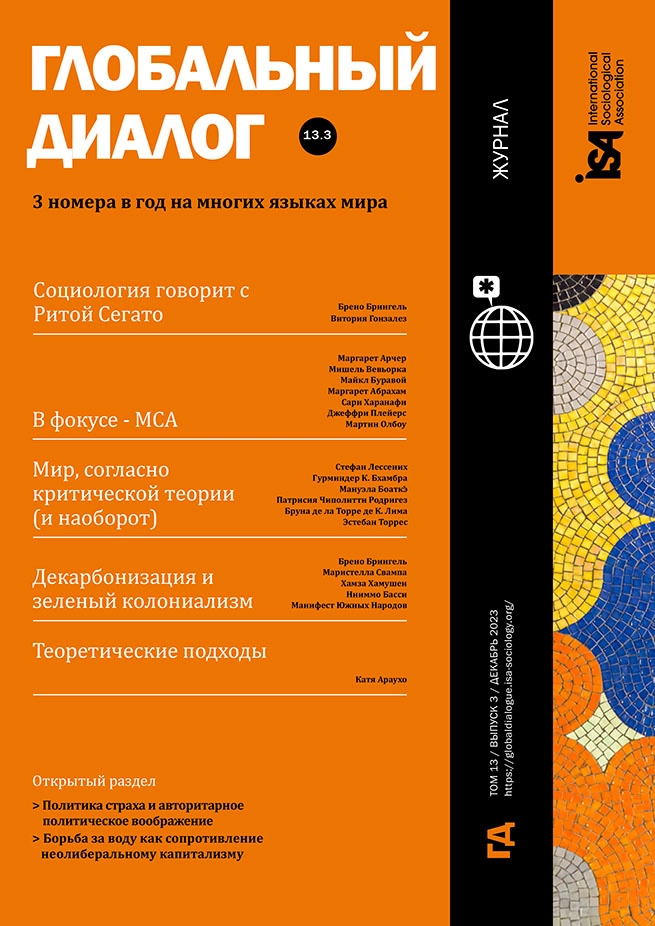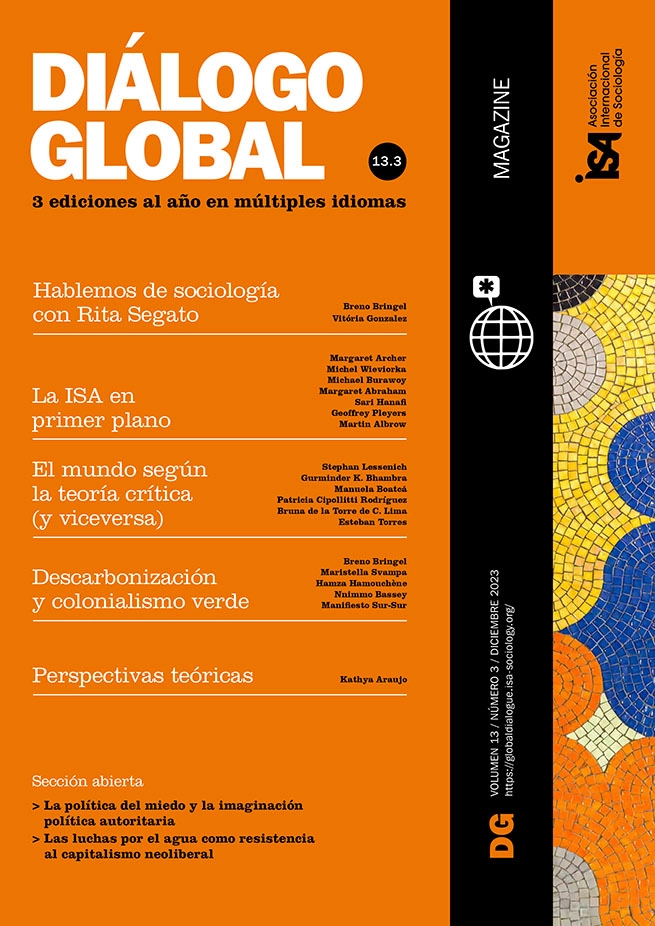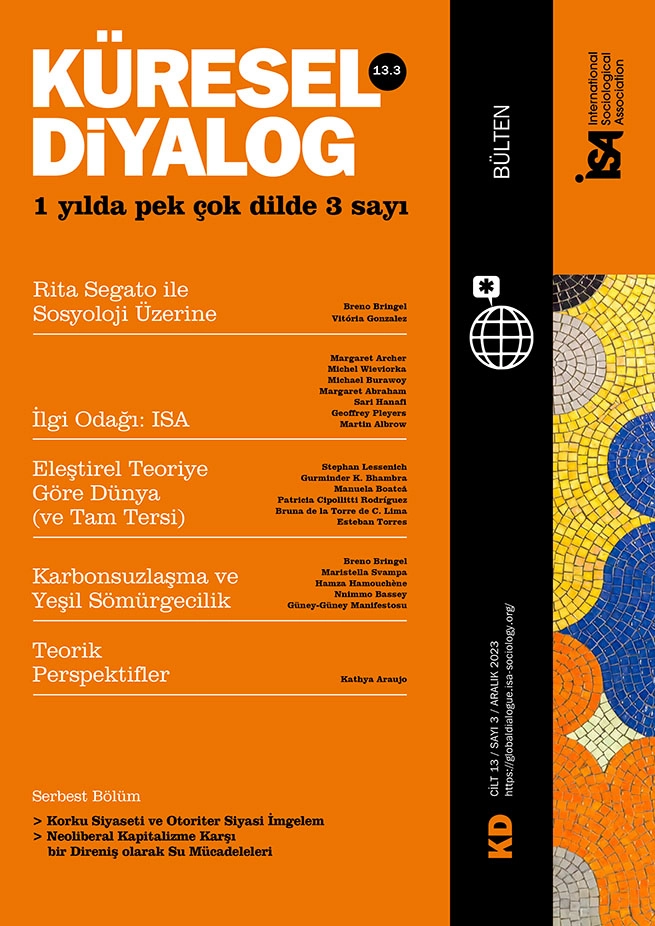Among critical theory’s hallmark methods for the study of society is “immanent critique.” This may be partially described as an assessment of whether and how a given set of social arrangements goes wrong on its own terms. Following Marx (who in this respect followed Hegel), critical theorists identify contradictions that, as Nancy Fraser puts it, arise “systematically and non-accidentally” between norms that are “immanent” in society and the conditions that social participants realize through their actions. Marx’s classic example references the market freedoms that define bourgeois society and the recurrent reality of workers’ “freedom to starve.” Critical theorists then analyze these tendencies for crises to arise and the potential for social transformation that they, in turn, give rise to.
By developing normative standards from “within” the practices under examination, critical theorists purport to sidestep the ideological trappings of much mainstream analytic moral and political philosophy. Where mainstream approaches often presume that ideals like “justice” or “equality” apply across temporalities and geographies, critical theorists acknowledge the thoroughly historical character of ideals – and that, under conditions of inequality, appeal to them tends to sneak in the interests of dominant groups. Interpretations of freedom in capitalist societies are a case in point.
Totality and Eurocentrism
Decolonial theorists insist that this is not the full story. A central problem with dialectical methods like immanent critique, according to Argentine-Mexican philosopher Enrique Dussel, is their pretension to totality.The concept of totality enjoys wide purchase among Western Marxists and those influenced by this tradition. In the present context, totality takes on at least two meanings. First, immanent critique stipulates that all the normative resources necessary for social evaluation and transformation can be derived from within the object of critique. Insofar as capitalist society constitutes that object, it thus comprises the totality of tools for criticism. Second, and relatedly, capitalism is conceived as a global structural totality insofar as its processes and sensibilities shape virtually every human community on our planet.
According to Dussel, such totalizing thinking is Eurocentric. It problematically overlooks myriad forms of life that are perhaps adjacent to but thoroughly distinct from capitalist society. Crucially, so-called exteriors to the totality of the object, where people think, act, and feel “otherwise” to Western capitalist modernity, are methodologically relevant. These present substantive normative alternatives – ideals, conceptualizations, practices, and so on – through which the object of critique can be assessed and transformed. Non-capitalist ways of living can, for instance, demonstrate in concrete terms what a non-extractive relation to nature entails.
Analectics and exteriority
Dussel dubs the resulting decolonial method analectics, where “ana-” locates the critical standpoint “outside” rather than “within” the object. Thinking from the “other side” (or the “underside”) of capitalist modernity is one of the distinctive contributions of decolonial thought vis-à-vis critical theory’s dialectical assessments “from the inside.”
The analectical category of exteriority features, explicitly or implicitly, in much Latin American decolonial thought. One example is the notion of buen vivir (“living well”) described by Mónica Chuji, Grimaldo Rengifo, and Eduardo Gudynas in the April 2023 issue of Global Dialogue as an “ensemble of South American perspectives” that “encompasses positions that question modernity while opening up other ways of thinking, feeling, and being – other ontologies – rooted in specific histories, territories, cultures, and ecologies.” Indigenous traditions heavily inform buen vivir perspectives. Those authors note that buen vivir has spread rapidly within and beyond the Andean countries from which it originates, offering theoretical grounds for specific alternatives to capitalist development such as constitutional recognition of the rights of nature. Buen vivir, an idea cultivated in exteriority, thus enables analectical critique. Other prominent uses of exteriority refer not only to the lifeways of indigenous communities but also of rural peasants, Afro-descendant populations, the urban poor, and even the region’s underdeveloped nation-states.
The global reach of capital
Analectics may appear misguided to critical theorists of a Marxian bent. To posit any exterior to capitalism, according to them, is to romantically deny the consolidation of what Immanuel Wallerstein dubbed the “modern world-system” over the past 500 years. It is to fail to understand the contemporary social domain, at the world scale, as a structure constituted by interrelated parts; specifically, as an aggregate of dynamic economic processes and social practices, carried out through human action, that support the accumulation of surplus value. According to this view, the relation between center and periphery, exploiter and exploited, rich and poor, waged and unwaged labor, and so on is not one of strict separation but one between constituents of and within a systemic totality. Moreover, capital’s reach is global. To trade in currency, to participate in local markets up- or down-stream of global ones, to be indebted, to contend with extractive companies and states that deploy force to maintain national sovereignty, is to be meaningfully imbricated in this totality. Very few (if any) communities persist “absolutely,” “radically,” or “maximally” separate from capitalist economic circuits, to use adverbs often employed by Dussel and other decolonial Latin American thinkers to describe exteriority.
In light of this Marxian worry, those who employ the category of exteriority must clarify that the sense in which capitalist modernity, qua totality, differs from exterior communities is not material. Most decolonial thinkers embrace the world-systems thesis: we would not be able to adequately understand contemporary forms of exploitation, extraction, or oppression without it. The relevant separation is, rather, experiential and normative. That is, people who inhabit exteriorities think, feel, and judge differently. This may include interacting with the market differently than the classes who systematically benefit from it.
Problems with modern dualisms
This response would nevertheless fail to satisfy those critical theorists who, in a postmodern vein, question the conceptualization of “modernity” operative in prominent analectical proposals. In their view, analectical proposals stipulate modernity as a cultural unity that encompasses ways of thinking and feeling that are shaped by instrumental reason, capitalist accumulation, colonialism, and so on – from which “other” ways of thinking, feeling, and being are fundamentally distinct.
To postmodern-leaning critics, such a conceptualization of modernity is, first of all, politically suspect. The reification of cultures into cohesive unities fosters dualist patterns of thought, including classifications of Self/Other. As postcolonial thinkers like Edward Said have cautioned, such classifications may be easily mobilized to control “other” populations. Second, it is descriptively mistaken: forms of social life are historically contingent and heterogeneous compositions of practices liable to change through transcultural exchanges. The signs that grant meaning to these practices, moreover, can be transposed across cultural horizons, taking on different functions from those at their place of emergence. Connections between lifeways and the geographic territories where they originate may exist, as buen vivir’s proponents suggest. However, such links should not be presumed to be essential, unchanging, or radically incommunicable.
Exteriorities as hybrid cultures and the plurality of normative resources
Instead of thinking in terms of “Modernity,” then, those who employ the category of exteriority should think in terms of “modernization.” This is a process whereby communities engage with modern practices, symbols, technologies, and rationalities, like those encountered in the market. Moreover, owing to their material and political integration into the world-system, communities cannot help but engage. (In this and other ways, asymmetric power bears upon transculturation processes.) Borrowing terminology from Latin American cultural studies, exteriorities are “hybrid cultures” in which participants may daily draw from multiple co-existing rationalities – “modern” and “traditional,” commodified and non-commodified – and ascribe, for instance, modern meanings to traditional practices and historically specific meanings to newly introduced practices. Around the world we encounter multiple modernities: many distinct and constantly changing hybrid cultures in which modern forms play a significant role.
The category of exteriority rightly emphasizes that ways of thinking, feeling, being, and valuing differ significantly from place to place, especially between (admittedly heterogeneous) centers and peripheries within the world-system. But, taking to heart the postmodern worry, we must recognize that relationships between locales are porous and dynamic. We should avoid romanticizing exterior communities; and we should not overlook those who, even while situated within the Global North and West, engage in practices whose meaning exceeds so-called “modern” rationalities, such as care work. Immanent and analectical critique both require a robust understanding of global structures, i.e. of totality. However, by foregrounding exteriority, analectical critique turns our attention to the tremendous plurality of normative resources for criticism that exist worldwide, especially in peripheries; and the multiple paths toward transformation they potentially offer.
Patricia Cipollitti Rodríguez, CUNY Graduate Center, USA <patricia.cipollitti@gmail.com>





